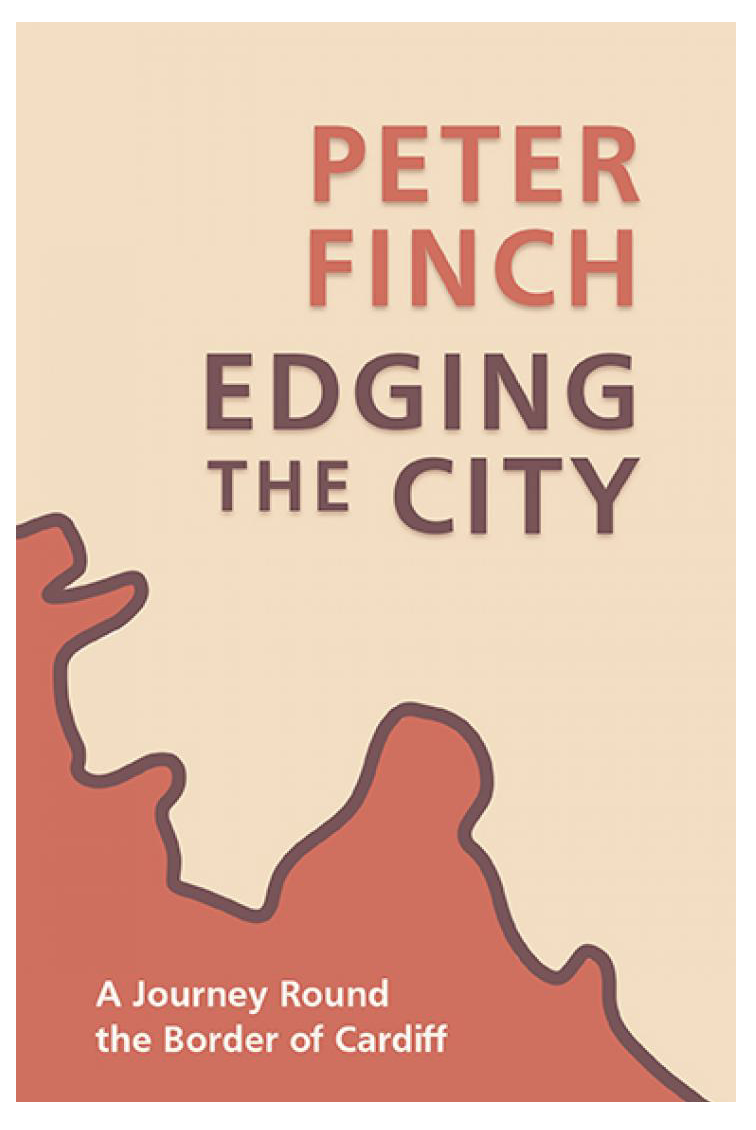Peter Finch is perhaps the foremost chronicler of Cardiff, past and present. His response to the 2020 lockdown restrictions confining people to their local authority area was to begin walking the boundary of his. This was in a mirror of his long walk along the south Wales coast recorded in Edging the Estuary.
The Cardiff border rarely appears on maps. The city no longer has walls (like York or Chester), or a modern transport périphérique like London’s M25. Instead its dotted line boundary travels across fields, along motorways, up rivers, through forests, over rail tracks and along miles of intertidal mudflats following the edge of the Severn. The border itself is made up of waymarked trails, city streets, highway liminal zones, woodlands. Mud-soaked tracks up hillsides, bridges, diversions, disentanglements and discoveries all play a part in this informative text created for walkers and armchair travellers alike.
Publication: August 2022 £9.99


